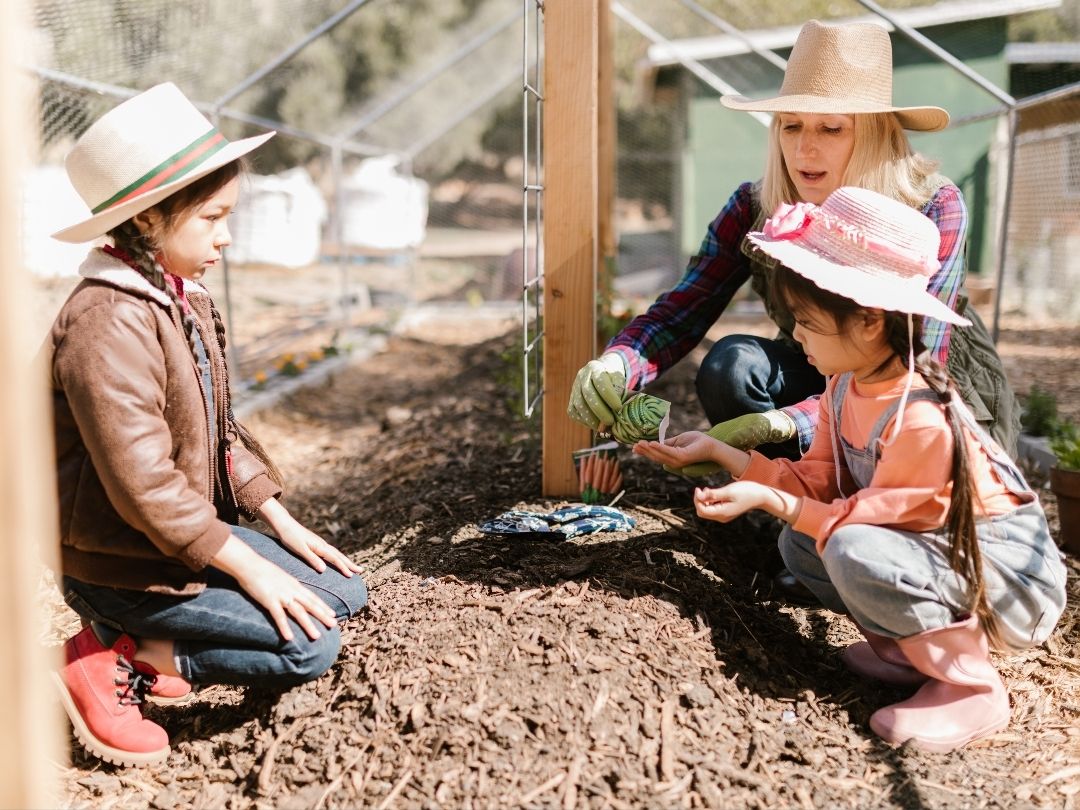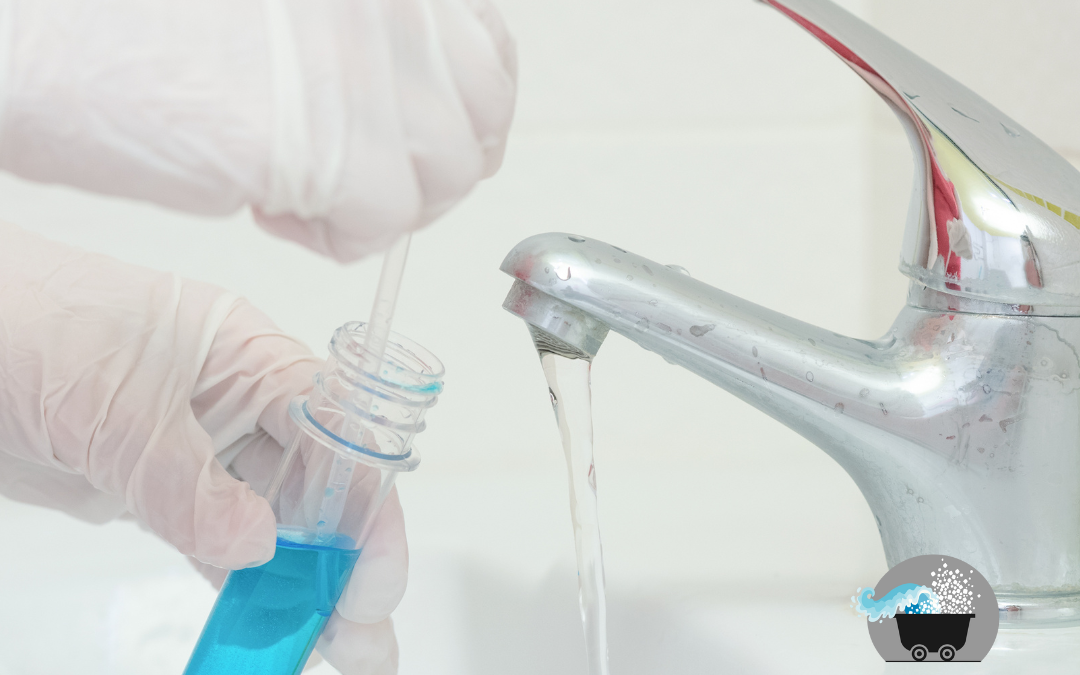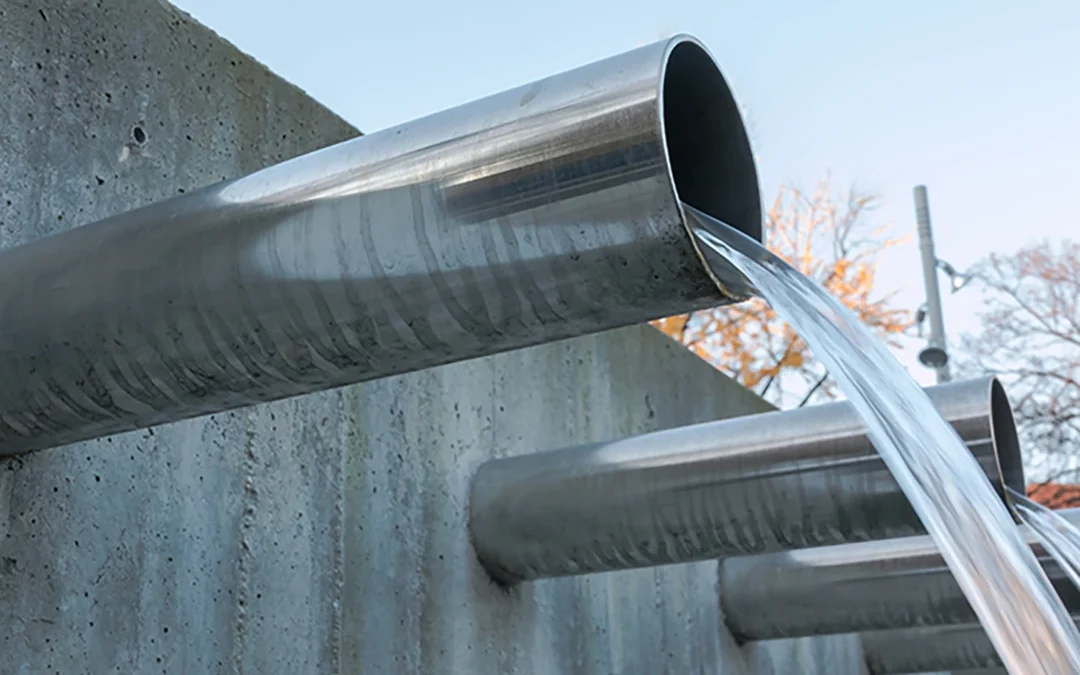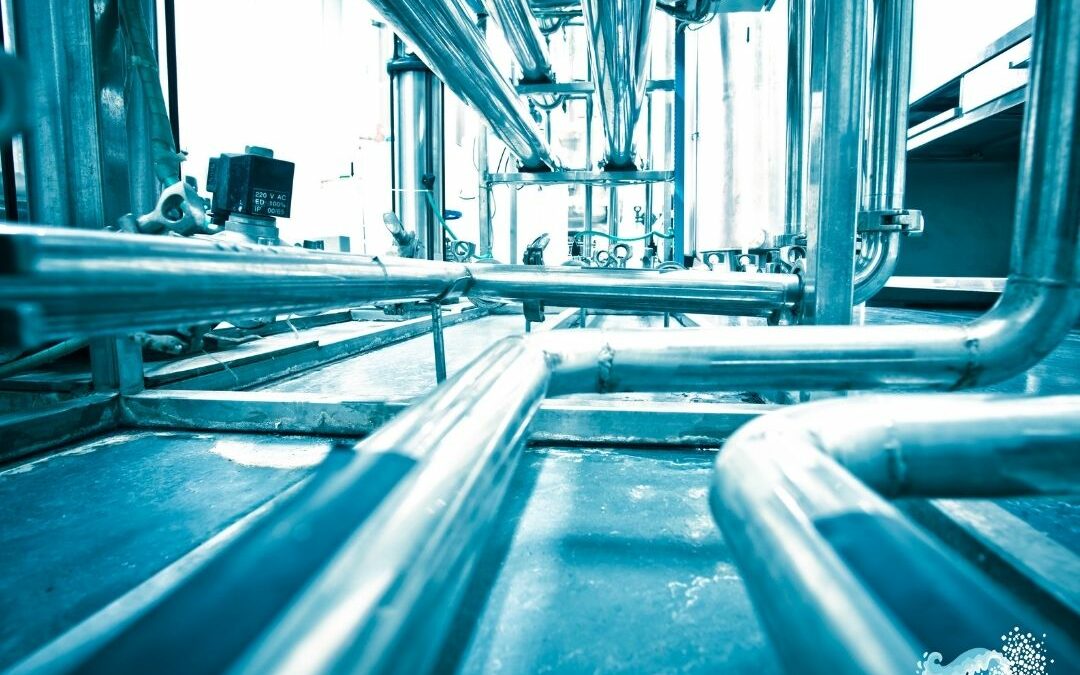Today’s youth will create the future of our planet. In other words, what we teach them now, or what we don’t teach them, will influence the choices they make as adults and ultimately, how well our planet thrives. That’s why it’s especially important to educate them about environmental problems, such as soil salinity, while they’re young and curious!
Let’s take a closer look at what soil means to everyday life on planet Earth. Then, we’ll investigate why salty soil is a problem. Lastly, we’ll share some resources for helping kids learn about the problem so they can have a positive impact on our future.
Why is healthy soil important?
It’s easy to take soil for granted, or even be frustrated by it when it makes its way into your home or dirties your vehicle. But, the truth is that soil plays a vital role in life as we know it. Healthy soil is important for:
- Plant growth – Soil holds nutrients, water, and minerals that are essential for plant growth and survival.
- Animal homes – Many animals, insects, and bacteria have their home base underground or burrowed into the soil.
- Water storage and filtration – Soil is a natural water filtration system, removing dissolved minerals and then releasing the water into both surface and groundwater. It also has the ability to absorb rainwater and store it for future use for plants and other organisms.
What is soil salinity and why is it a problem?
In simple terms, soil salinity is defined as the amount of salt that’s present in soil. In many cases, soil salinity itself is not the problem. Rather, the process of increasing soil salinity IS. That process is called salinization.
Salt can exist in soil naturally, or it can be added to soil through human activities or processes. While we typically do not have much control over natural causes of soil salinity, we can influence soil salinity from man-made sources.
Salt contamination of soil and freshwater resources often stems from the following culprits:
- Severe drought
- Climate change
- Increased groundwater pumping in coastal areas
- Residential and commercial water softeners
- Industrial or food processes
Now that you know where it comes from, that brings us to the question of why high soil salinity is such a problem. It’s important to know that even a small increase in salinity can have a significant effect on an existing ecosystem. When soils become too salty, their ability to filter water, store nutrients, and support life become altered. This often causes fertile soils to become barren and unproductive.
How do you teach children about soil salinity?
Children are naturally curious creatures and most learn well through visual experiences. The Food and Agriculture Organization of the United Nations has a wonderful resource for helping teachers explain the dangers of high soil salinity to kids. This teacher’s guide includes simple experiments that show what happens to plants and animals when they are exposed to too much salt.
What can we do TODAY to prevent salt contamination at its source?
While children are absolutely the hope of tomorrow, that doesn’t mean that there’s nothing we can do about salinization today. At the Salt Miner, we’re committed to educating our communities about both water and soil salinity and how we can help.
The Salt Miner is state-of-the-art technology that essentially ‘mines’ salt out of any brine solution before wastewater is released into sewer systems, residential septic systems, or other areas of the environment. Rather than utilizing expensive end-of-pipe treatment to remove dissolved salts from water, the Salt Miner controls salt at its source.
To learn more about how we can work together to help prevent environmental salt contamination, contact us today!





